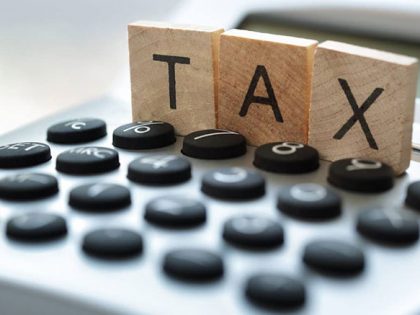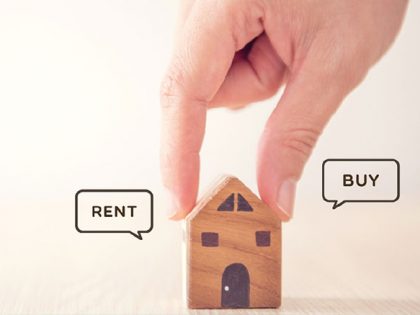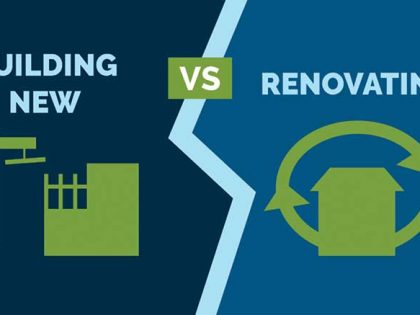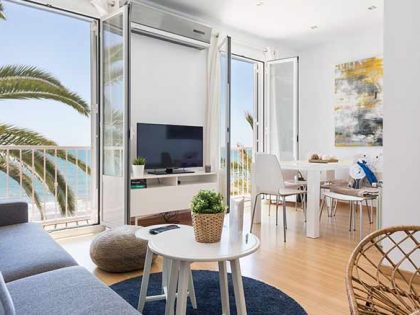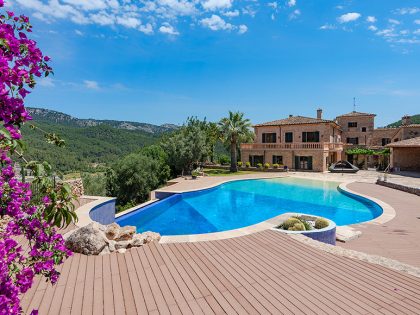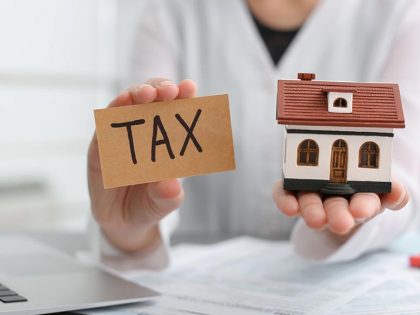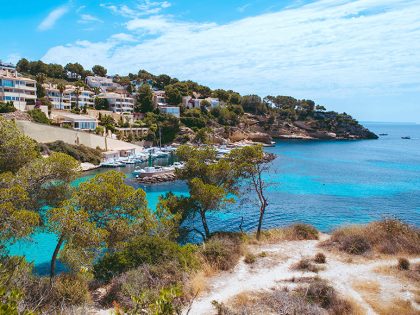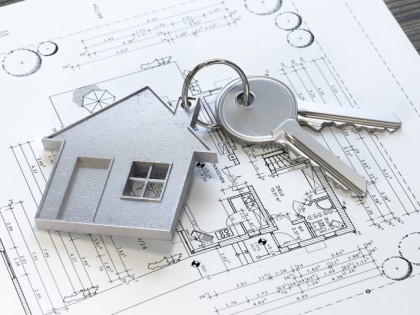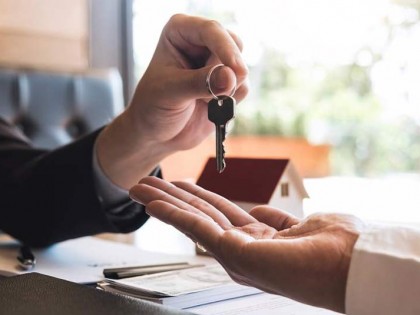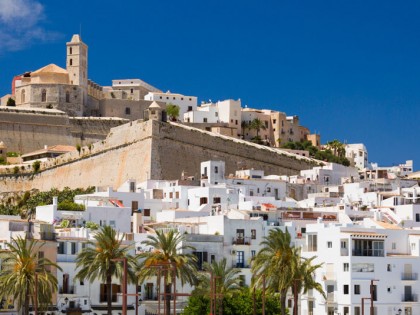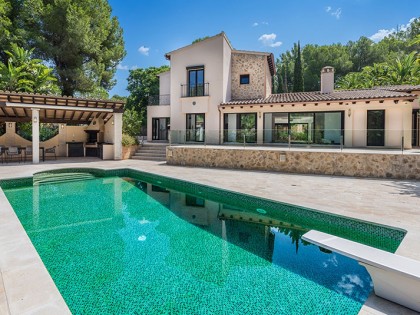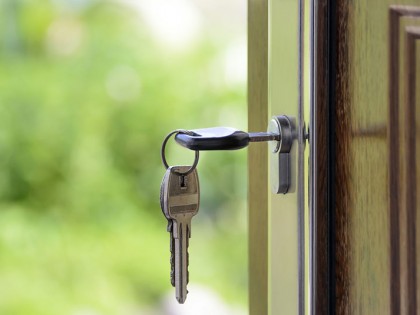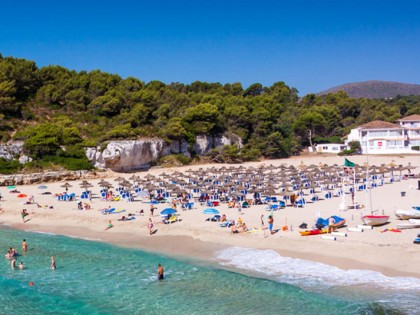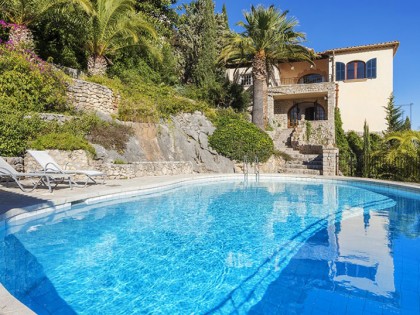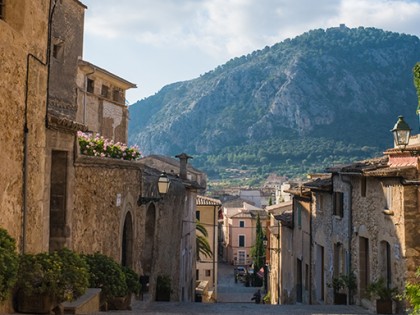How to request a mortgage if we do not live in Spain?
There are more and more people interested in buying a home in Spain. However, many of them do not have residency in our country, either because they are foreigners or because they are Spanish citizens who have moved abroad.
Despite having Spanish nationality, living in another state and, therefore, paying taxes in that state, they will not be able to request a traditional mortgage loan; they must apply for a mortgage for non-residents.
Next, we will analyze what these types of loans consist of and what requirements are needed to access them.
What is considered a non-resident citizen?
A non-resident citizen is considered to be a person who has not stayed in the country for more than 183 days during a calendar year and who does not have his tax residence in Spain. Thus, all people who are non-residents must request this type of mortgages; the rest will be eligible for a traditional mortgage.
It must be taken into account that foreigners who pay taxes in Spain will be able to acquire a normal mortgage. Therefore, mortgages for non-residents do not depend on the nationality of the person requesting them, but on where they pay their taxes.
What are the conditions of mortgages for non-residents?
Mortgages for non-residents have much more demanding conditions. And it is that in case of non-payment, it is practically impossible to seize assets from abroad, so the only guarantee that the bank will have is the property in Spain on which the mortgage has been granted.
Less payback period. The maximum time to amortize this type of mortgages is 30 years, although the usual is 20.
Less percentage of financing. The money loaned by the bank will be between 50% and 80% of the value of the appraisal of the property or the price of the sale. If the mortgage is intended to buy a second residence, the amount can rarely exceed 60%.
Higher interest rates. The rates that are applied tend to be higher; they are almost always above 1.75% at a fixed rate and 1.10% at a variable rate. In addition, in mortgages for non-residents it is more complex to contract binding products, such as direct debit payroll or take out some type of insurance, to improve conditions.
Not all entities grant it. Since, as we pointed out, the risk for banks is greater, many of them do not give this type of mortgages.
How are mortgages for non-residents contracted?
Although some financial entities accept to receive the documentation by email or post, most require the presentation of the original documents in person, as well as the signature before a notary.
However, almost all banks have a specific section on their website through which non-residents can request all the information they need and resolve any doubts that may arise in this regard
Documentation necessary to request a mortgage for non-residents
The documents needed to apply for mortgages for non-residents must be translated into Spanish and are:
- Photocopy of DNI, NIE or passport
- Work contract
- Last three payrolls of the country of residence
- Bank movements in the last 6 months
- Last six outstanding debt receipts, such as loans or mortgages
- Tax residence certificate
- Statement of income
- Non-resident certificate
- Credit risk report
In addition to presenting this documentation, most entities will oblige people who want to access a mortgage for non-residents to have a bank account based in Spain.
Finally, it should be noted that the new 2019 mortgage law allows the mortgaged to convert the loan to the foreign currency of the country in which they have their main residence or most of their assets, with which some people who receive their income in a certain currency, it will be more difficult to obtain financing than before the entry of the LCCI in June 2019







